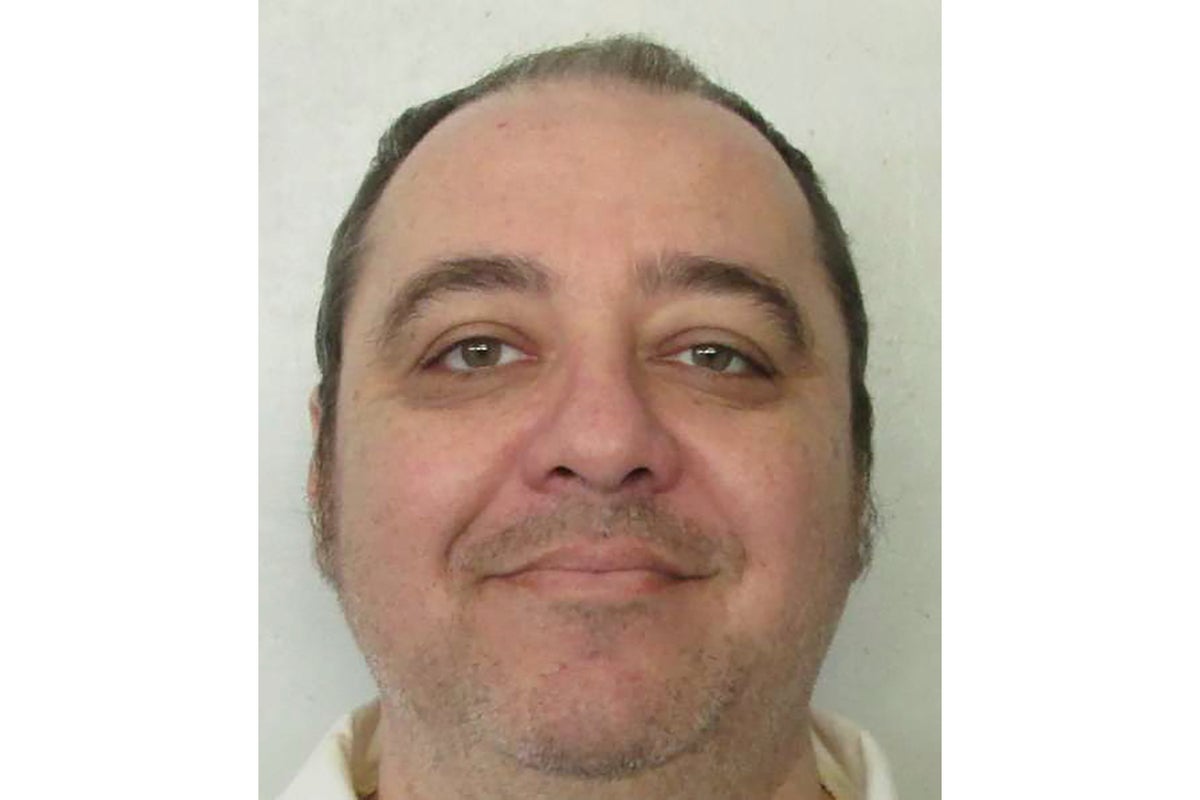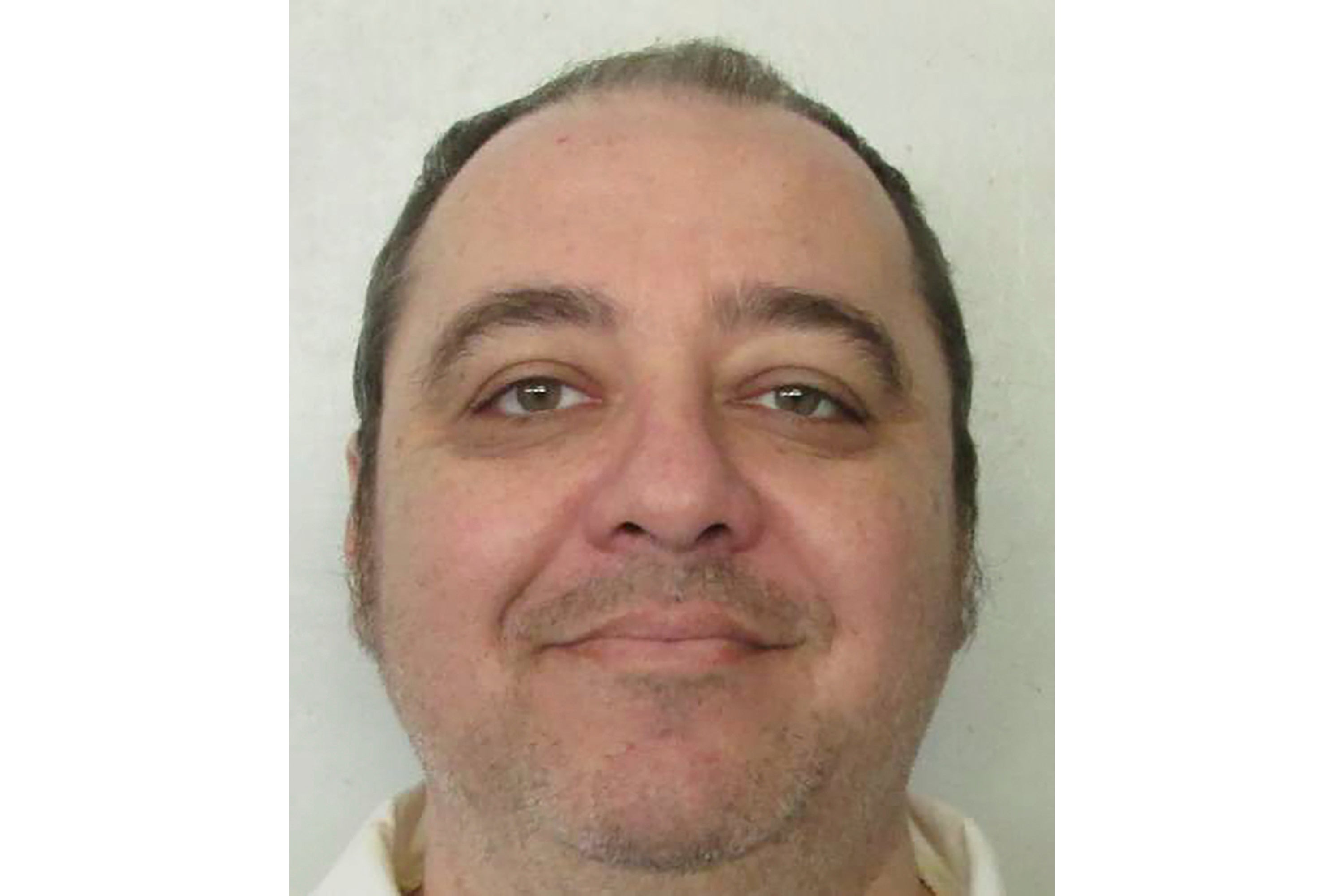
The Supreme Courtrejected a bid by Alabama officials to execute a prisoner on death row against his will by lethal injection on Monday.
Kenneth Eugene Smith, who was sentenced to death for a 1988 murder-for-hire, appealed against the “inhumane” method on the grounds it would violate his right to be free of cruel and inhumane punishment under the 8th Amendment, Reutersreported.
The Supreme Court’s decision not to take up the case means that a November judgement by an appeals court remains in place. That decision allowed Smith to seek execution by inhaling nitrogen.
The Alabama Department of Corrections botched an attempt to execute the 57-year-old on 17 November, 2022 after failing to find suitable veins to inject the lethal doses.
According to DeathPenaltyInfo, Smith spent four hours strapped to a gurney as state prosecutors tried to lift a stay of execution issued by the federal appeals court.
In a decision issued at 10.23pm that night, the Supreme Court allowed the execution to proceed.
Prison officials reportedly tried for an hour to find two large veins while jabbing Smith’s arm, hand, neck, and chest with large needles and as legal appeals were still pending.
The execution was called off when officials found they would not be able to complete the execution by the midnight deadline on his death warrant.
In his lawsuit, Smith argued that the method would cause “intolerable risk of torture, cruelty or substantial pain”.

It is the third controversial execution that the state has tried to carry out by lethal injection in five months.
Joe Nathan James’ execution last July was delayed for more than three hours, and an autopsy later found irregular cut marks all over his body.
In September, Alan Miller’s execution was halted after prison officials were unable to find veins to deliver the lethal cocktail of drugs before the death warrant had expired.
Alabama Governor Kay Ivey called for a pause on executions in the state while an investigation was carried out.
The review was completed in February but the results have not been made public, according to Reason magazine.
On 3 May, the state issued its first execution warrant since the investigation for death row inmate James Barber.
According to The Associated Press, Smith was one of two men paid $1,000 to murder Elizabeth Sennett by her pastor husband so he could collect on her life insurance.
Supreme Court justices Clarence Thomas and Samuel Alito dissented from the decision.







